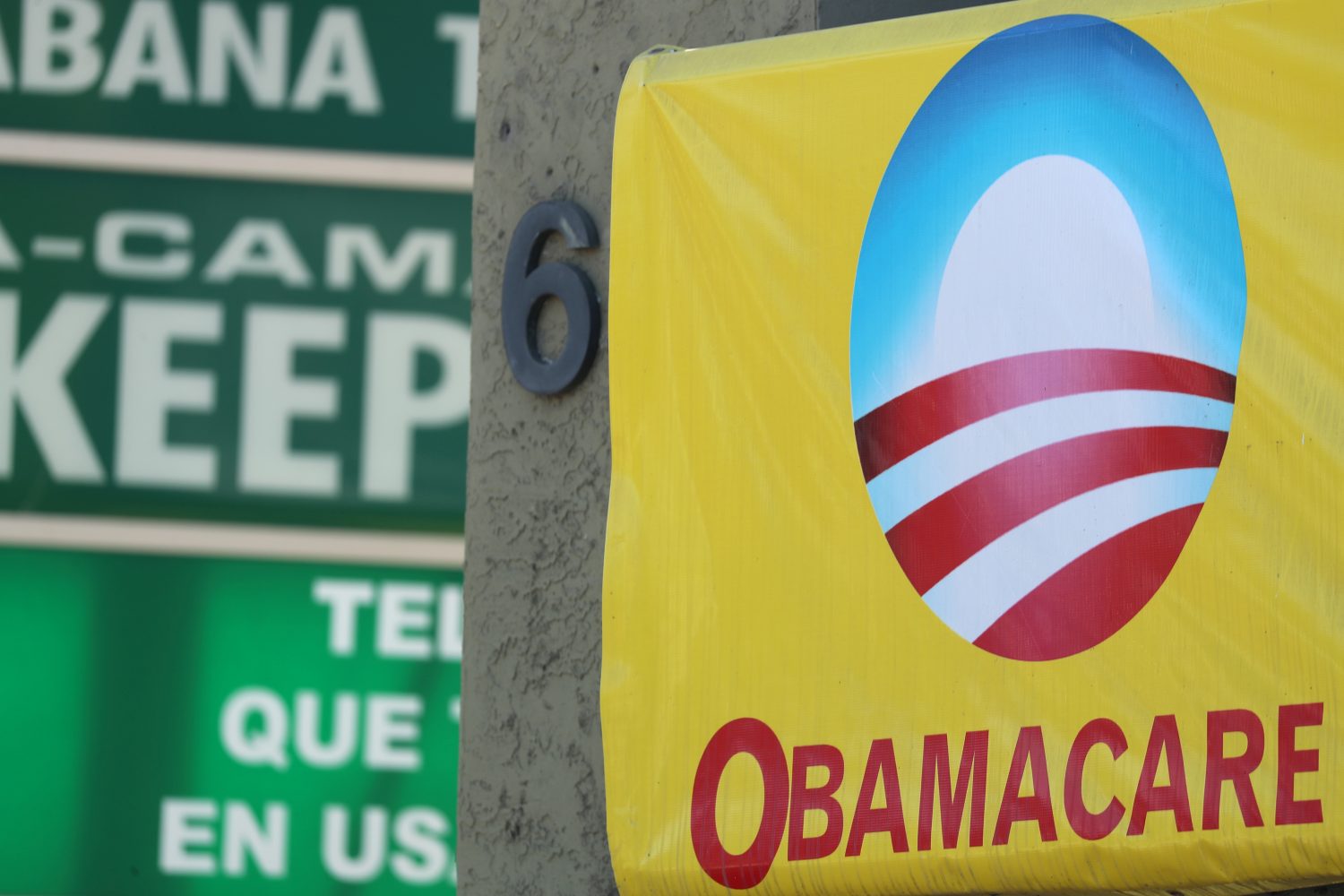
By Lawrence Hurley and Patricia Zengerle
WASHINGTON (Reuters) – Democratic senators including vice presidential nominee Kamala Harris on Monday painted President Donald Trump’s Supreme Court nominee Amy Coney Barrett as a threat to the Obamacare healthcare law during a deadly pandemic and denounced the Republican drive to approve her before the Nov. 3 U.S. election.
As the Senate Judiciary Committee began its four-day confirmation hearing for Barrett, Democrats voiced their strong opposition to the nomination even though they have little hope of derailing her nomination in the Republican-led Senate.
Barrett, a conservative appellate court judge nominated to replace the late liberal Justice Ruth Bader Ginsburg, sat at a table facing the senators wearing a black face mask amid the pandemic as senators made opening statements. Barrett removed the mask when she was sworn in and delivered her own opening statement.
“I believe Americans of all backgrounds deserve an independent Supreme Court that interprets our Constitution and laws as they are written,” Barrett said, reading from prepared remarks that had been made public on Sunday, with her husband and seven children sitting behind her.
Barrett’s confirmation would give the court a 6-3 conservative majority that could lead to rulings rolling back abortion rights, expanding religious and gun rights, and upholding voting restrictions, among other issues.
But it was the fate of the 2010 Affordable Care Act (ACA), Democratic former President Barack Obama’s signature domestic policy achievement that has enabled millions of Americans to obtain medical coverage, that was the focus of Harris and her fellow Democrats. Barrett has criticized a 2012 Supreme Court ruling authored by conservative Chief Justice John Roberts that upheld Obamacare.
Harris, the running mate of Trump’s Democratic election opponent Joe Biden, called the confirmation process so near the election “illegitimate.”
“I do believe this hearing is a clear attempt to jam through a Supreme Court nominee who will take away healthcare from millions of people during a deadly pandemic that has already killed more than 214,000 Americans,” Harris said, speaking via a video link.
“A clear majority of Americans want whomever wins the election to fill this seat and my Republican colleagues know that. Yet they are deliberately defying the will of the people in their attempt to roll back the rights and protections provided under the Affordable Care Act,” Harris said.
Barrett could be on the Supreme Court in time to participate in a case due to be argued on Nov. 10 in which Trump and Republican-led states are seeking to invalidate Obamacare.
Barrett will face marathon questioning from senators on Tuesday and Wednesday. The hearing is a key step before a full Senate vote by the end of October on her confirmation to a lifetime job on the court. Republicans have a 53-47 Senate majority so Barrett’s confirmation seems almost certain.
A pivotal Obamacare provision that would be thrown out if the court strikes the law down bars insurance companies from denying coverage to people with pre-existing medical conditions. In the hearing room, Democrats displayed posters of patients who could lose their medical coverage if Obamacare is invalidated, with senators recounting their individual stories.
Repeated Republican efforts to repeal Obamacare in Congress have fallen short, and Republicans have taken the effort to the courts.
Republican Senator Ted Cruz said the Democratic focus on healthcare and other policy issues showed they were not contesting Barrett’s qualifications to serve as a justice.
Republican Senator Lindsey Graham, who chairs the committee, opened the hearing by saying it would be “a long contentious week” but implored senators to make the proceedings respectful.
“Let’s remember, the world is watching,” Graham added.
“This is probably not about persuading each other, unless something really dramatic happens. All Republicans will vote yes and all Democrats will vote no,” Graham said.
‘MAD RUSH’
Democratic Senator Patrick Leahy condemned the Republican “mad rush” to fill the vacancy.
“They see the ability to take the courts from being independent to making them instead an arm of the far right and the Republican Party, with the potential to accomplish in courts what they have failed to accomplish by votes in the halls of Congress. And at the top of the hit list is the Affordable Care Act,” Leahy said.
Graham defended the Republican approach even while acknowledging that four years earlier they had refused to act on Obama’s nominee to fill a Supreme Court vacancy because it was an election year, and that no Supreme Court nominee had a confirmation process so close to an election.
The Senate’s Republican leaders rejected Democratic pleas to delay the hearing over COVID-19 concerns.
Due to the pandemic, Harris and some other senators participated remotely. Republican Senator Mike Lee attended in person nine days after revealing he head tested positive for the coronavirus, arriving wearing a light-blue surgical mask. He took off the mask while giving his opening statement.
Barrett is a devout Catholic who has expressed opposition to abortion. Christian conservative activists long have hoped for the court to overturn the landmark 1973 Roe v. Wade ruling that legalized abortion nationwide.
Democratic Senator Cory Booker said that “Senate Republicans have found a nominee in Judge Barrett who they know will do what they couldn’t do – subvert the will of the American people and overturn Roe v. Wade.”
Republicans sought to portray the Democrats as attacking Barrett on religious grounds, though the Democrats steered clear of doing so. Speaking to reporters in Delaware, Biden said Barrett’s Catholic faith should not be considered during the confirmation process. Biden was the first Catholic U.S. vice president.
“This nominee said she wants to get rid of the Affordable Care Act. The president wants to get rid of the Affordable Care Act,” Biden said. “Let’s keep our eye on the ball.”
(Reporting by Lawrence Hurley, Andrew Chung and Patricia Zengerle; Editing by Will Dunham)












